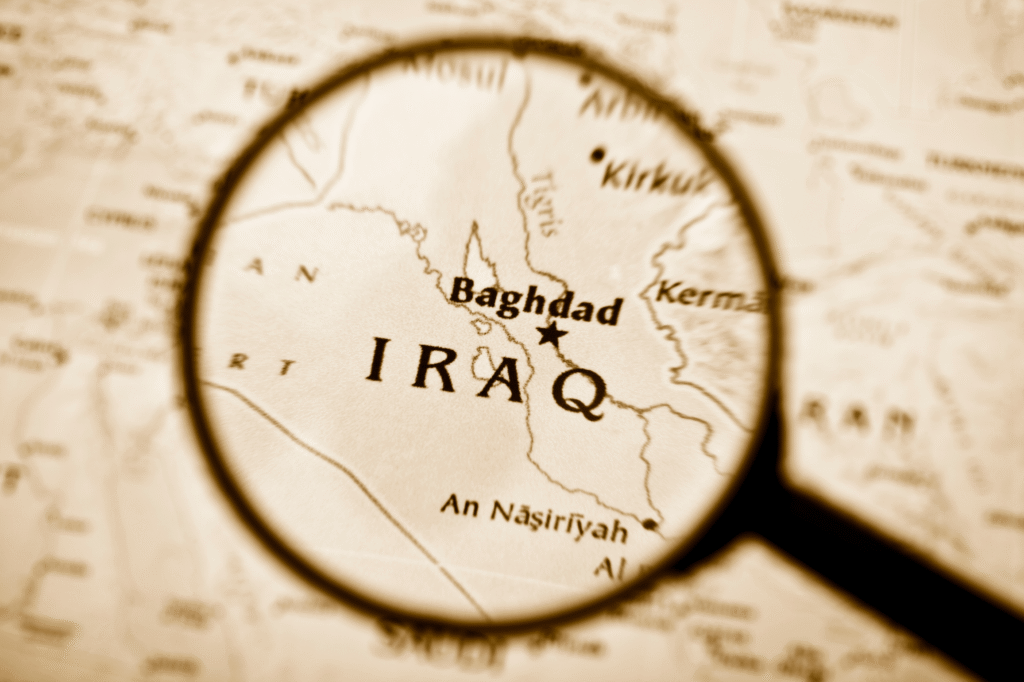Geopolitical Analysis: Iraq’s Upcoming Election

Location: Baghdad, Iraq Executive Summary Iraq is preparing for its parliamentary elections on November 11, 2025. Long-standing Shiite political groups are almost certain to remain as the dominant in Iraq’s political landscape. The current political system, which involves muhasasa, a division of power based on sects (religious and ethnic groups) will almost certainly stay the same. Iran will highly likely remain as an external strong influence in Iraq through political, religious, and militia groups. People want change but reforms are highly unlikely to occur after the elections. Importance The upcoming election may lead to changes in political alliances that dominate the government; however, reforms remain highly unlikely given the country’s political system that is embedded with dysfunctional structures, militia influences, and entrenched political elites. Analysis Political Political violence is highly likely in the pre-election, during the election day, and post-election. There have been recent reports of political assassinations, intimidation, threats, and attacks toward parliamentary candidates. This increases the risk of violence and instability during the election period. While political participation is anticipated; the voter turnout will likely remain low due to widespread skepticism and lack of trust in the electoral process and the election turnout by the citizens. Oppositions are unlikely and are to remain limited or absent. Women’s participation in elections and representation in the legislative body, with specific positions, is insufficiently documented. Diplomatic International support from countries will likely vary; Iran is highly likely to oppose any outcomes that reduce its influence, given that it has strategic interest in maintaining a strong presence within Iraq’s Shiite political factions. International organizations’ support will likely vary; other organizations opposing the current administration will likely raise concerns over human rights abuses, women’s rights, and question the inclusivity of non-muslim communities. Security Security will likely increase its presence during the electoral process, specifically in urban areas with significant populations and those known to be highly vulnerable to sectarian tensions and heavily militarized regions. Interruptions to both digital and non-digital processes during the election are likely to affect the operation’s flow across the country. They will likely prompt concerns about the transparency and legitimacy of the election results. Regional Regional responses will likely align with their political interests and remain unchanged even after the election. Iran, Türkiye, Syria, Saudi Arabia, and Kuwait, countries that have borders with Iraq, are likely to monitor the election process for potential border tensions, violent escalation, and any changes after the election. References Arab Weekly. (2025, October 15). Iraqi parliamentary candidate killed north of Baghdad amid highly-polarised campaign. The Arab Weekly. https://thearabweekly.com/iraqi-parliamentary-candidate-killed-north-baghdad-amid-highly-polarised-campaign Atlantic Council. (2025, October 30). What to expect in Iraq’s 2025 elections [Online event]. Atlantic Council. https://www.atlanticcouncil.org/event/what-to-expect-in-iraqs-2025-elections/
